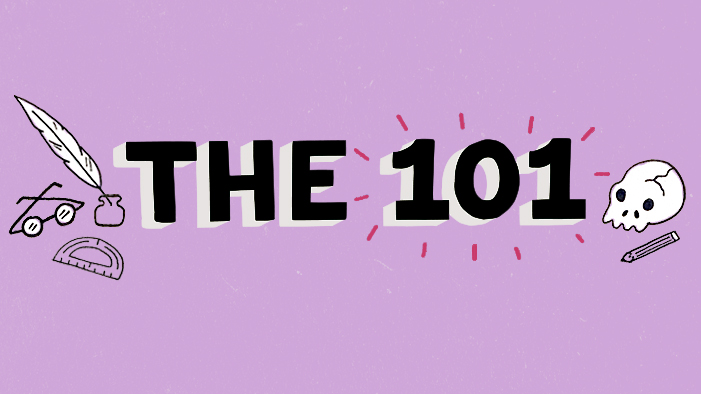What to Expect From Your First Fiction Workshop

When I showed up to my first fiction workshop as an English major, I had no idea what to expect; my high school hadn’t had anything like it, and up to that point my creative writing experience had been limited to scribbling stories in my room and maybe showing a friend or two. I’d never had a real audience and I was excited to hear what other people would think. The experience was wildly different than what I expected. Here’s what you should know before you jump in.
The Round Table Discussion
Every single fiction workshop I’ve been in has had roughly the same structure: one person submits a story prior to the session, everyone else reads it and writes a response/critique, and then the writer sits in silence as the class discusses their work in front of them. Typically you go in a circle—the first time around, people either say positive things or just describe the piece. That’s when you get to feel good about yourself. Not for long. The second time around, people offer suggestions and pick the story apart, calling attention to dropped plot points, inconsistencies, tone changes, implausible situations—that kind of thing. It can be hard to hear. When you put a story up for workshop, you really feel like you’re baring your soul, and listening to a room full of strangers perform a vivisection on it hurts. What’s worse is that you can’t speak up to defend it—you have to sit in complete silence. Some people might not “get it.” They’ll misunderstand what you were trying to say, project their own weird biases, or just be awful readers. Your first fiction workshop will be tough, but as you get used to it, you learn the benefits of silent listening as others critique your work. After all, you can always disregard what they say, but if nine out of ten people don’t get that Anna kills Tony on the last page, you should probably do some tweaking.
You’ll Learn How Important Revision Is
When you’re your only reader, it’s sometimes difficult to sit down and hardcore revise a story. In your mind, it all makes perfect sense, and you can’t see the mistakes that slip through the cracks. Not so with your workshop. They’ll point out things you’ll feel silly for not having noticed, and that’s okay! Being in a fiction workshop teaches you that, though it’s tough, revision is a good and necessary part of bringing a story to fruition, and it’s the minutiae that your peers pick up on that will really clue you in.
“The Writer’s Fallacy”
This is something that a professor once said to me that really stuck: oftentimes, when revising a story, you’ll realize that a sentence or paragraph just doesn’t belong—maybe it’s out of tone, maybe it doesn’t fit the plot—but it’s such good writing that you don’t want to cut it, for fear of not being able to do it again. You do your best to leave it in, and you write the rest of the piece around it to preserve its integrity. The fallacy in this is that, since you’ve already written it once, you’ve already proven that it’s possible. You can write something just as good, or better. Your first fiction workshop will teach you that cutting is just as important as brainstorming or drafting—sometimes even more so.
Your Tastes May Change
I rolled into my first workshop obsessed with Chuck Palahniuk and Ernest Hemingway; I knew my tastes and was willing to defend them to the death. It wasn’t until I started reading my peers’ work (and listening to their reading suggestions) that I realized how many other great kinds of literature were out there. I discovered George Saunders and his stories about underdogs and absurd bureaucracy, and Joan Didion’s brutally sharp depictions of everyday life. My classmates turned in work I’d never seen before, too, about turtles getting murdered and wheelchair-bound bank robbers and government coups—and also subjects I’d thought would be boring, like lonely widows and kids in dentist waiting rooms. Fiction workshops introduce you to myriad topics and styles you likely wouldn’t have encountered otherwise, and by the end of it your tastes in literature will probably have significantly changed.
You’ll Have a Unique Audience
In the “real world,” when you publish a story or novel, people will pick it up, read the first few sentences or pages, and if it doesn’t catch their attention, they’ll put it down. Not so in a fiction workshop; here, your peers will be forced to read anything you submit beginning to end (most likely more than once), AND give you an in-depth critique of it. This is a rare and superficial environment for a writer, where you have a captive audience who is very much invested (albeit against their will). At the end of the day, your first fiction workshop will be a chance to hear what other people really think about your work, in an encouraging and understanding setting, under the guidance of a qualified and (hopefully) helpful instructor. I think everyone ought to study fiction writing in college. Now go forth and conquer!












